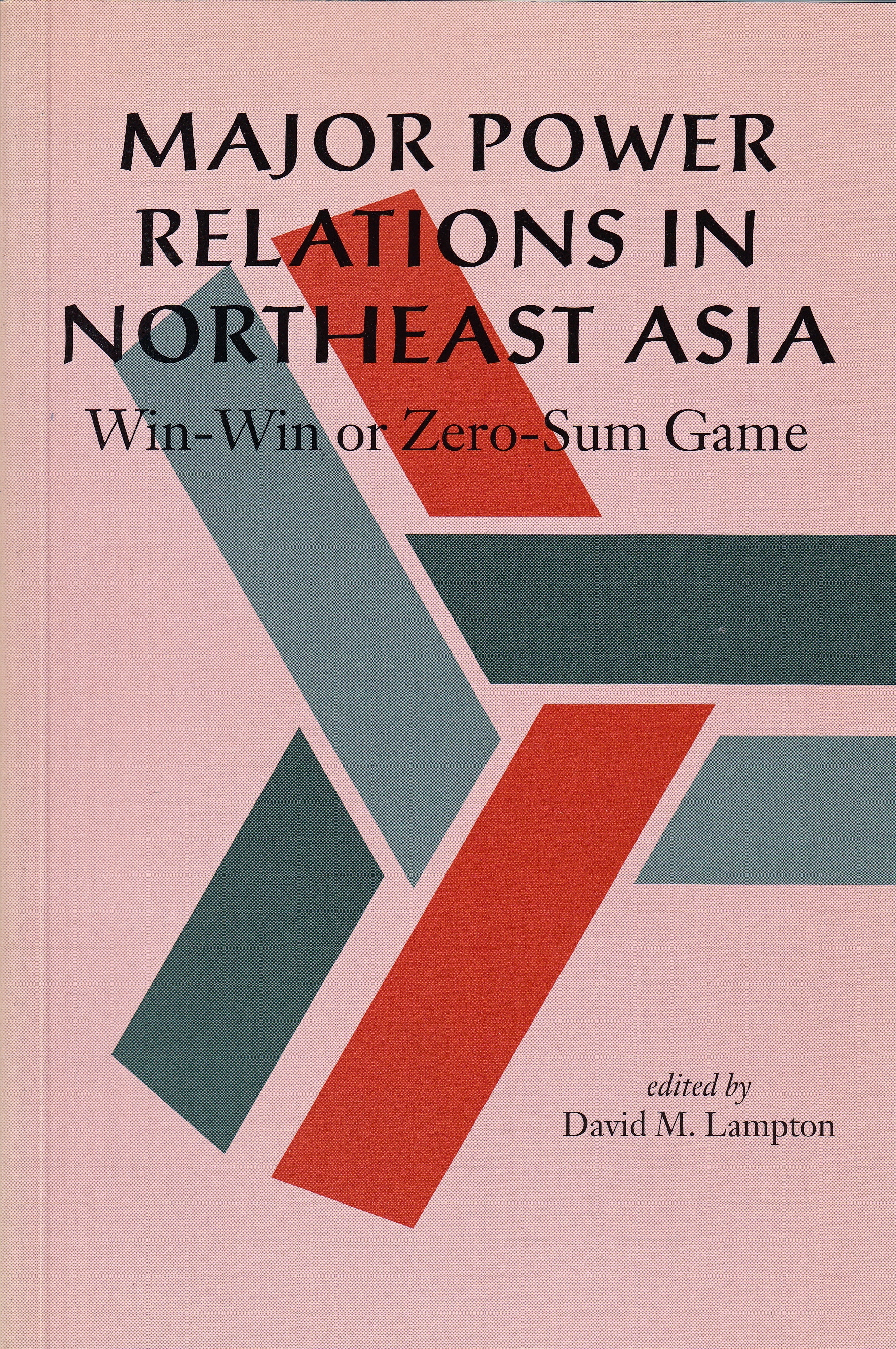Three countries—China, Japan, and the United States—and relations among them are likely to have a disproportionate impact on prospects for peace and prosperity in Asia Pacific in the twenty-first century. If the differences among these major actors are managed successfully, the prospects for the region are bright indeed. Conversely, if the three fail to manage their relationship successfully, or if relations between any two of the parties are seen to threaten the third, the risks for the region and beyond will increase dramatically.
For the central challenges confronting East Asia to be effectively addressed, the three major powers of the region must enhance trilateral cooperation, coordination, and even joint action. The essays in this volume by six experienced American analysts writing as part of a multinational team studying trilateral relations identify the challenges to productive and peaceful relations among China, Japan, and the United States—the Taiwan issue, the Japan-US security alliance, the absence of genuine Sino-Japanese reconciliation after the World War II era, defense technologies, trilateral economic cooperation, and the Korean peninsula. By considering each issue on its own and in the broader context of the trilateral relationship, this volume examines the main obstacles that stand in the way of unified action and highlights the importance of sustained dialogue among the three major actors.
This publication was the result of a study on the “China-Japan-US Research and Dialogue Project,” which was carried out as part of the Global ThinkNet Fellows program and as part of the Asia Pacific Agenda Project (APAP).
Contents
- 1. Introduction: Thinking Trilaterally about Big Power Relations
- David M. Lampton, George and Sadie Hyman Professor and Director of China Studies, Paul H. Nitze School of Advanced International Studies, Johns Hopkins University
- 2. Chinese and American Views of National Security
- Amy P. Celico, Political Officer, US Department of State
- 3. Taiwan’s Role in the China-Japan-US Trilateral Relationship
- Gregory C. May, United States Foreign Service, US Consulate General, Guangzhou, China; Former Assistant Director and Research Associate in Chinese Studies, The Nixon Center
- 4. Defense or Security? The US-Japan Defense Guidelines and China
- Michael J. Green, Director for Asian Affairs, National Security Council
- 5. China-Japan-US Economic Relations at a Crossroads
- Daniel H. Rosen, Visiting Fellow, Institute for International Economics
- 6. Korea’s Influence on Northeast Asian Major Power Relations
- Scott Snyder, Representative, Korea Office, Asia Foundation
- 7. Violence and Major Power Coordination in Asia
- Evan A. Feigenbaum, Executive Director, Asia-Pacific Security Initiative, John F. Kennedy School of Government, Harvard University
- 8. Index

